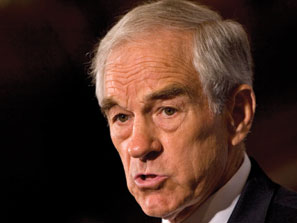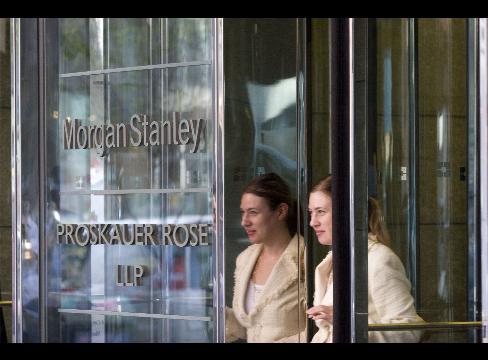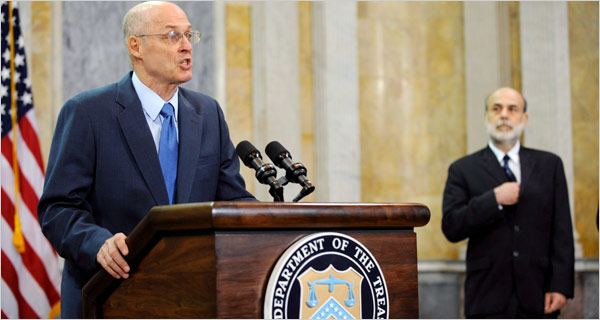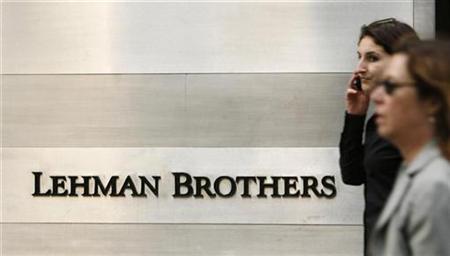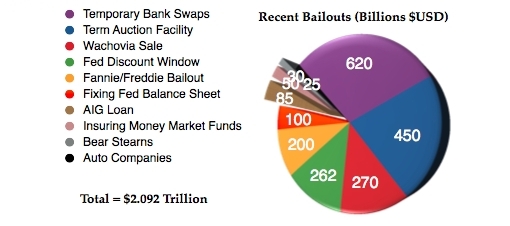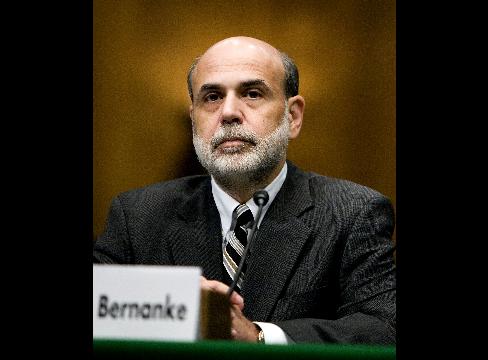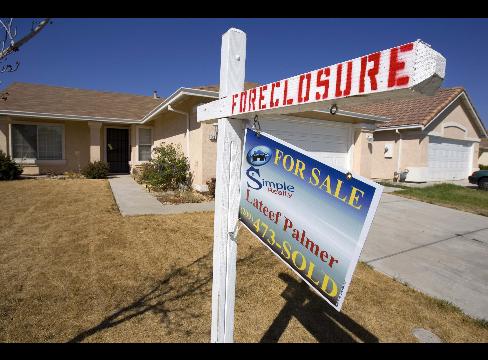
A foreclosure sign is posted outside a house in Stockton, California, on Sept. 18, 2008. Photographer: Kimberly White/Bloomberg News
Oct. 23 (Bloomberg) — U.S. foreclosure filings increased 71 percent in the third quarter from a year earlier to the highest on record as home prices fell and stricter mortgage standards made it harder for homeowners to sell or refinance, RealtyTrac said.
A total of 765,558 U.S. properties got a default notice, were warned of a pending auction or were foreclosed on in the quarter, the most since records began in January 2005, the Irvine, California-based seller of default data said in a statement today. Filings rose 3 percent from the second quarter and fell 12 percent in September from August as state laws created to keep people in homes slowed the pace of defaults.
“I wouldn’t be surprised to see foreclosures increase as the economy slows down,” Rick Sharga, executive vice president for marketing at RealtyTrac, said in an interview. “The people living paycheck to paycheck are at risk if they lose their jobs. It will cause more people to lose their homes.”
The worst U.S. housing slump since the 1930s is being compounded by a recession that began in the third quarter and may last a year or more, according to Jay Brinkmann, chief economist for the Mortgage Bankers Association. Home prices in 20 U.S. metropolitan areas fell in July at the fastest pace on record, and sales of previously owned homes in August were 32 percent below the peak reached in September 2005.
Read moreForeclosure Filings Rose 71% in Third Quarter as Prices Fell
